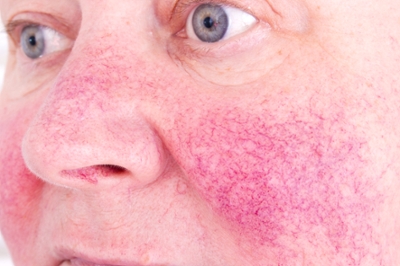
Almost 16 million Americans suffer from the skin ailment rosacea, which is a chronic inflammatory disorder. Together with lumps that resemble pimples, redness, flushing, and visible blood vessels on the face, it is distinguished by these symptoms as well as a burning or stinging feeling. There is no known cure for rosacea, but there are numerous therapies that can help manage the condition’s symptoms and stop flare-ups. The best Rosacea treatment clinic Singapore. The initial line of treatment for rosacea is frequently topical medicine. They can be used alone or in conjunction with other treatments and operate by lowering inflammation and redness. Ivermectin, azelaic acid, and metronidazole are a few examples of frequently used topical drugs. These drugs are applied directly to the afflicted area and come in gel, cream, and lotion forms.
Drugs taken orally
Oral medicines could be required in rosacea cases that are more severe. To lessen inflammation and eradicate bacteria, doctors frequently give antibiotics like doxycycline and minocycline. In some circumstances, low-dose oral isotretinoin may also be employed. This drug, which is a vitamin A derivative, works by lowering inflammation and oil production.
Laser Treatment
Popular rosacea treatments include laser therapy. It reduces redness and evens out skin tone by concentrating on and obliterating the visible blood vessels on the face. Laser therapy comes in a variety of forms, including pulsed dye laser, intense pulsed light (IPL), and fractional laser. For best outcomes, laser therapy can be used in conjunction with other therapies.

Prevent Triggers
Avoiding triggers is crucial for treating rosacea in addition to medication therapies. Spicy foods, alcohol, hot drinks, sweltering weather, and sun exposure are a few common triggers. In order to prevent flare-ups in the future, keeping a notebook to record symptoms and identify triggers can be useful.
In conclusion, there are numerous treatment options available to assist manage symptoms and stop flare-ups even if rosacea cannot be cured. Effective rosacea management strategies include avoiding triggers, using topical and oral medicines, and laser therapy.
If you suffer with rosacea, talk to your doctor about the possible treatment options that may be most effective for you. You can attain clearer, healthier-looking skin and enhance your quality of life with the appropriate treatment plan.



